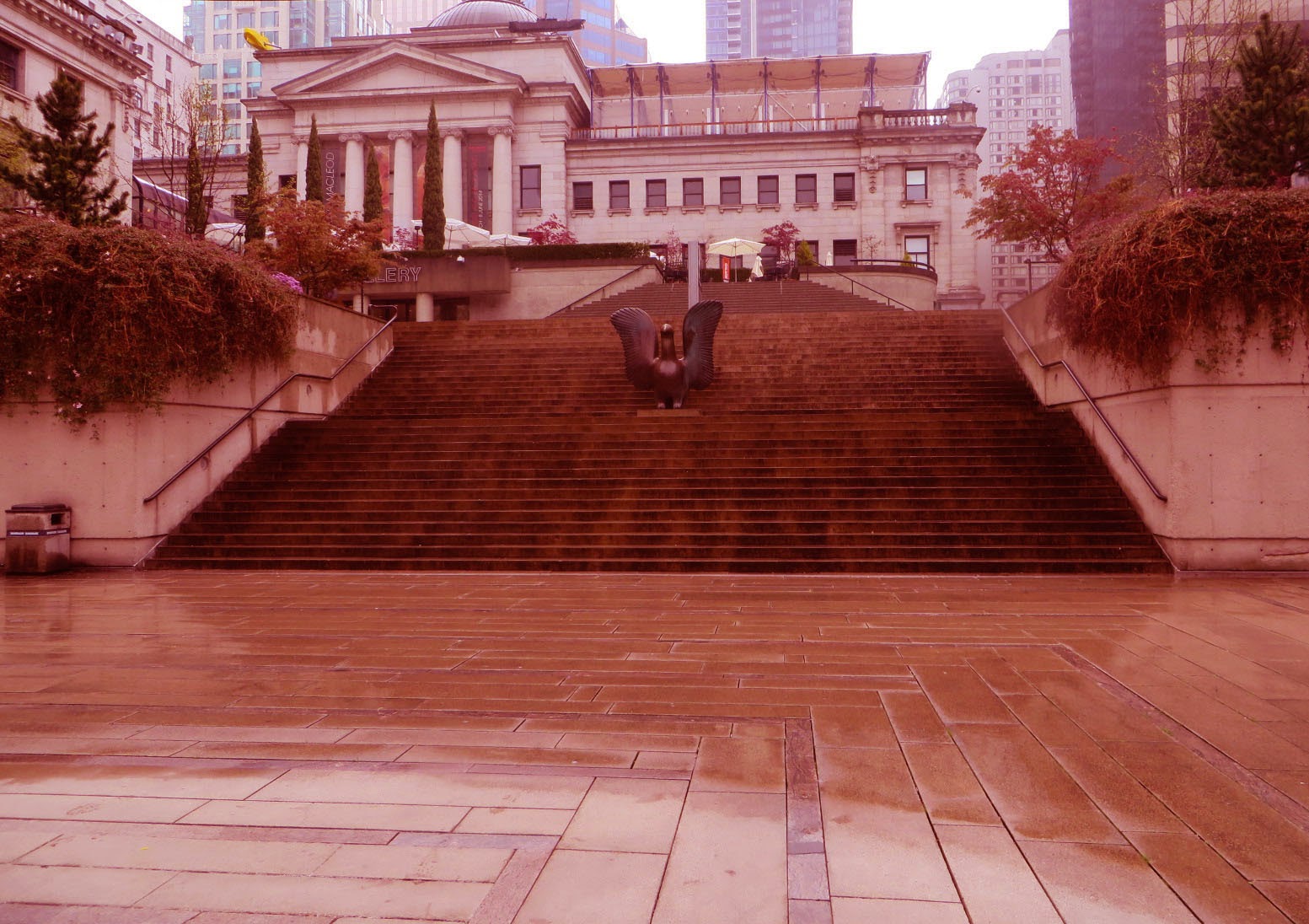<- Hatchet/Side
Lighting,
How this affect works- Your in a dark room and the light is focused on one side of the object/person to only make one side bright.


 Rembrandt light ->
Rembrandt light ->How this affect works- A light on one half the face, and a triangle of light on the shadowed side of the face.
<- Glamour/Butterfly lighting.
How this affect works- Butterfly consists of a single light pointed directly at the subject straight on, and raised high enough to create a downward shadow on the subject.












































